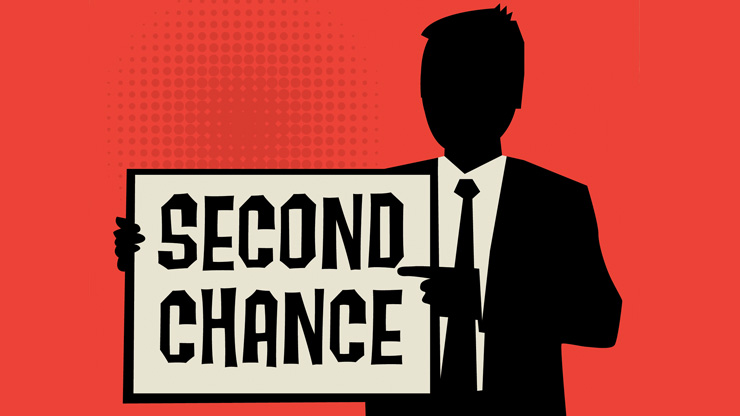
There are several laws on the books concerning the possession, selling, and distribution of illegal narcotics in Illinois, and the majority of those cases are prosecuted as felonies. The most common cases we see involve the possession of a controlled substances, such as cocaine, heroine, or methamphetamines. The law also considers it a felony offense to possess certain medications without a valid prescription, such as Adderall, oxycodone, hydrocodone, etc.
Possession of a controlled substance in Illinois is considered a class 4 felony which has a maximum sentence of 3 years in prison but it could be as high as 6 years in prison should the offender have a previous felony conviction. In addition to possible jail time, a felony conviction can have severe consequences that include:
While there are serious consequences for felony charges, there are several legal mechanisms in Illinois that can possibly get those charges dismissed and even expunged. Listed below are some of the programs that persons charged with drug felonies may be eligible for.
This form of probation is a special probation that allows an offender to plead guilty to the charge of possession of a controlled substance, or possession of a counterfeit substance without having a judgment of conviction on their record. This probation will last for 2 years and if successfully completed, the case will be dismissed and would be eligible for expungement 5 years after completing the probationary period. One of the benefits of 410 Probation is that even after pleading guilty to the case, it is not considered a conviction and will never be a conviction as long as the probation is completed successfully.
Eligibility Requirements
Probation Requirements
Benefits of 410 Probation
Second chance probation is similar to 410 probation in that a conviction never enters on the offender’s record even after a plea of guilty and the case will be dismissed once the probation is successfully completed. The case will be eligible for expungement 5 years from the end of the probationary period. The main difference between second chance and 410 probation is the eligibility requirements. While 410 is limited to those persons who are charged with possession of a controlled substance and counterfeit substances, second chance probation is available to those charged with a much wider range of offenses (listed below).
Eligibility Requirements
Probation Requirements
Benefits of Second Chance Probation
TASC Probation, also known as Chapter 20 Probation, is different from 410 and second chance probation in that it is available to a much wider range of offenses. While 410 is available only to those charged with possession of a controlled substance and 2nd chance is available only to the enumerated charges listed above, TASC Probation is available for almost any offense, as long as the offender suffers from a drug or alcohol addiction and there is a significant relationship between the offense and the offender’s substance use disorder. Additionally, while an offender is on TASC probation, there will be a felony conviction on their record. However, once the probation is successfully completed, the offender will be able to get that charged dismissed and eventually expunged off their record.
Eligibility Requirements
Probation Requirements
Benefits of TASC Probaiton
Unlike the previous programs discussed in this article, Deferred Prosecution Programs are programs run by the county State’s Attorney’s Office and their requirements are not codified within the Illinois statutes. The availability of these programs will vary greatly from county to county and are not available in all counties. The advantage of going through these programs is that most do not require the offender to enter a plea of guilty with the court. Instead the court will allow the criminal case to pend while all the requirements of the program are completed. After completion of the program, the criminal charges are usually dismissed. The advantage of getting charges dismissed in this manner, as opposed to the other forms of probation discussed in this article is that the case would be immediately eligible for expungement.
Eligibility Requirements
Program Requirements
Benefits of Deferred Prosecution
If you are charged with a drug felony, even if you do not wish to take your case to trial, it is always advisable to speak with an experienced criminal defense attorney in the county where you are charged. In a lot of cases, there will be options available to keep the felony conviction off your record.

Written by Attorney Jonathan James
Rockford Criminal Defense Attorney